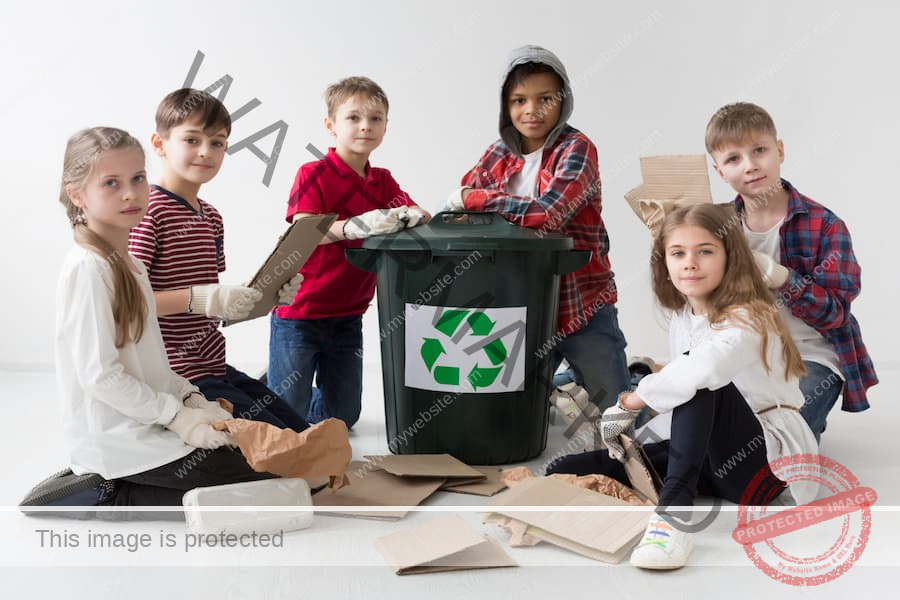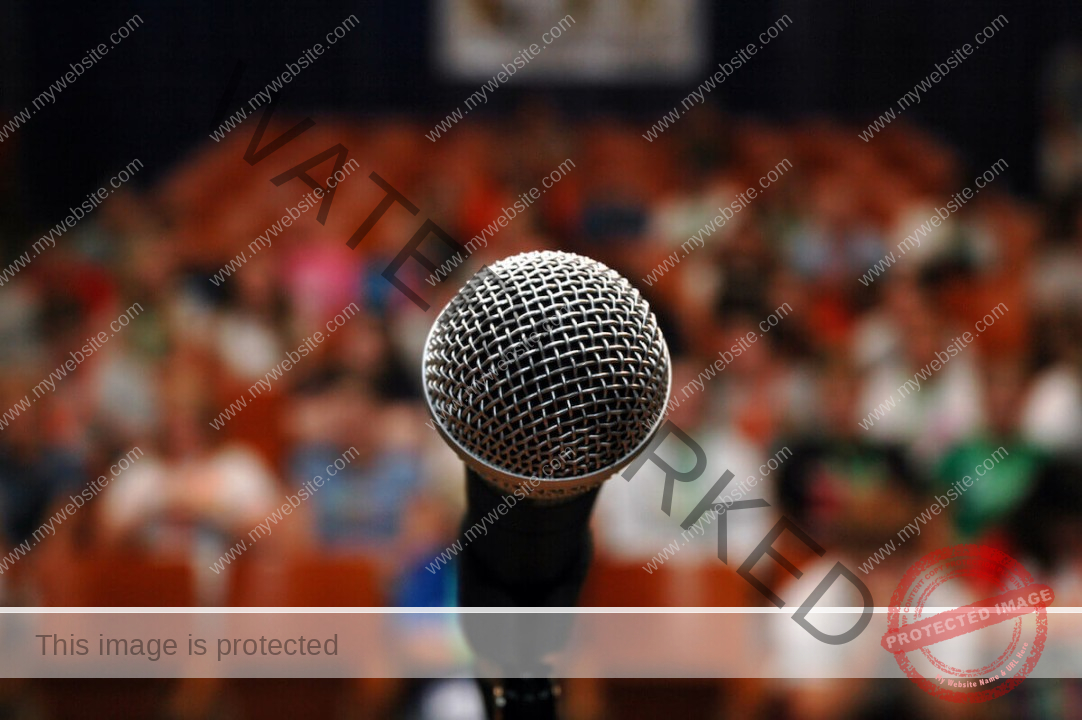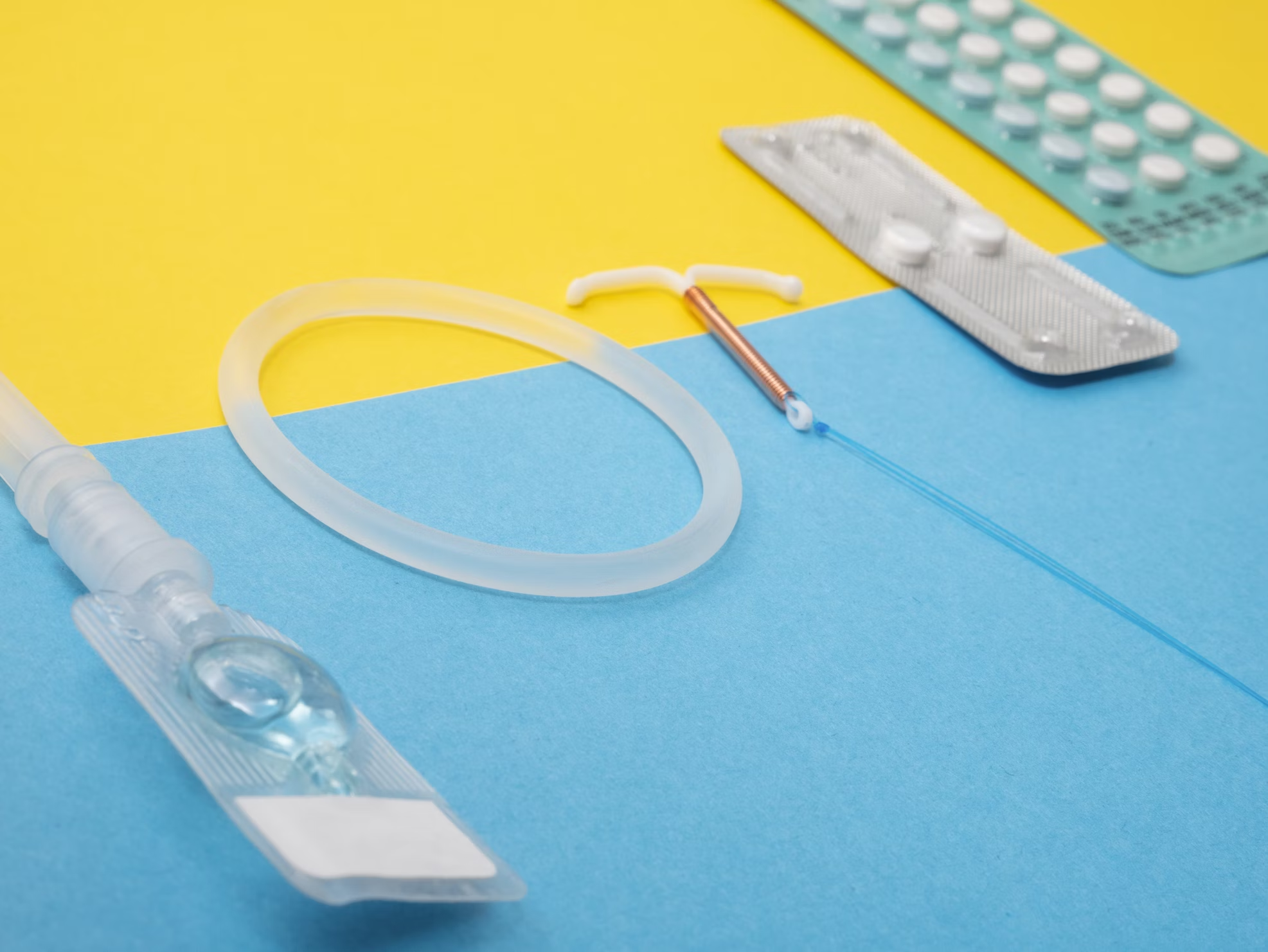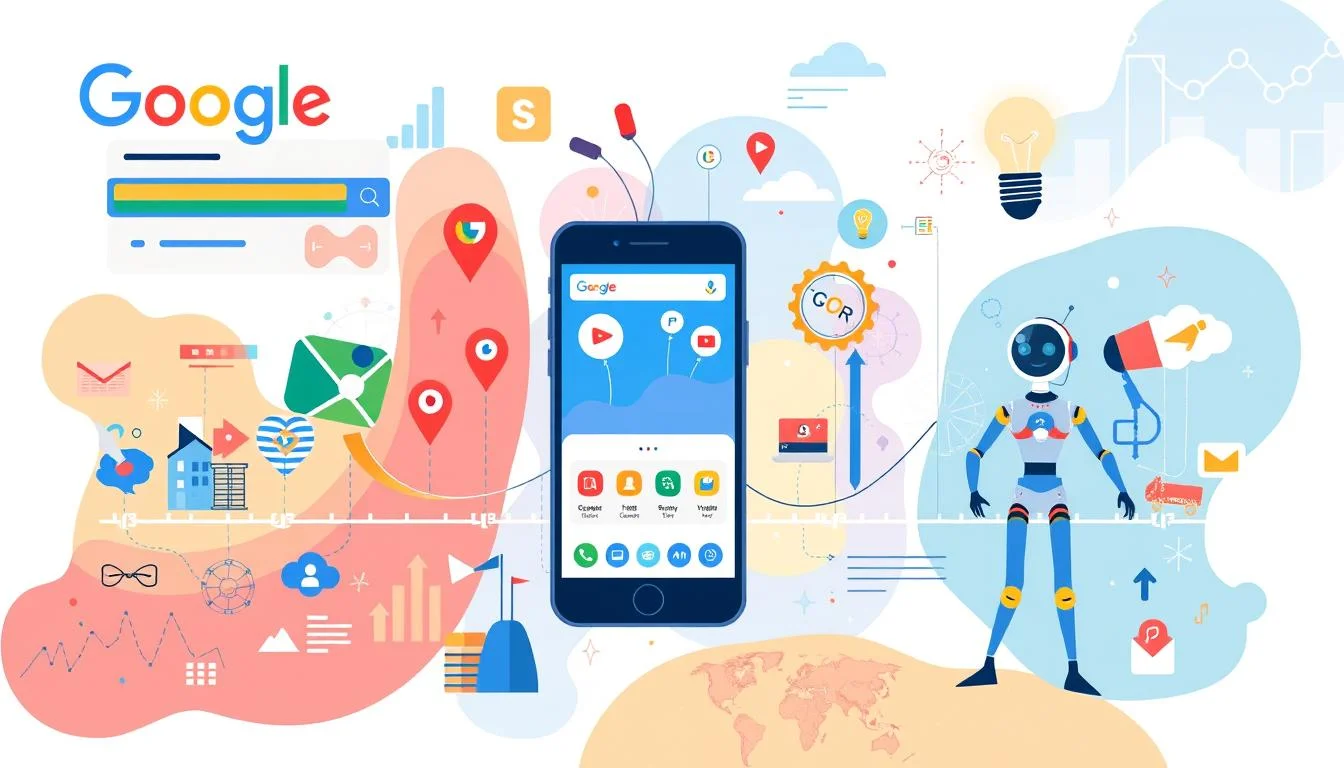Not only is waste management vital for adults worldwide, but it is also essential for children’s education. If children are shown how important waste management is, they can truly grasp the influence that waste elimination and recycling have on the environment. Thus, we will put the textbooks away and go hands-on for today’s class! Skip for hire provides dependable and reasonably priced waste removal services for residential and commercial applications.
This section contains lesson plans that you may use in the classroom with assurance and sustainability, as well as recycling activities for children and creative solutions to teaching recycling.
Reusing And Recycling Waste Products
Paper, cardboard, and plastic bottles are examples of recyclable materials that families can gather, transport to recycling facilities, contribute to recycling-related organisations, or offer a second chance at life.
The games that allow kids to use common objects to their most creative uses are frequently the ones that they love the most. So why don’t we use recycled materials to make toys?
With containers of cardboard, plastic bottles, or empty cans, kids can let their creativity run wild and create toys. Because it fosters creativity and demonstrates how waste can be practically turned into something new, manual art made from recycled materials benefits both the environment and the children.
Waste’s Life Cycle: From Birth To Death (And Beyond)
Let’s now discuss the garbage lifecycle. It’s quite the adventure!
- Production: Everything starts here. This is where the life cycle of every product that we employ begins.
- Consumption: We can help with this. We purchase, utilise, and eventually throw away goods.
- Collection: After we discard something, it is gathered for recycling or disposal.
- Processing: Waste may be recycled, transformed into compost, or dumped in a landfill, depending on its kind.
- The last step is disposal or reuse. While recyclables are given new life, some rubbish ends up in landfills.
Conduct Regular Waste Audits
A weekly or monthly personal trash audit is a small-scale project you can conduct with your children. At the end of each week, have them empty their own personal waste into the family rubbish bin after sorting it into their own bins in their bedrooms (except from the compostable items). For any youngster over five, and continues as they become older, keeping track of the trash they produce and discarding of it on their own is a terrific life lesson that promotes mindfulness and personal responsible.
Wherever Possible, Reuse And Repurpose
Compared to recycling, which uses energy and water, reuse is frequently more environmentally friendly. Reusing old clothing, furniture, and containers teaches your children that new isn’t always necessary. Additionally, it’s the ideal chance for your kids to play and develop their creative thinking, which will help them solve problems in the future. To teach your children the value of reusing things, try converting old jam jars into correspondence holders or utilising old bedding to keep your dog warm throughout the winter.
Homemade Composting
They can bring this one home to share with their parents. Give your kids helpful pamphlets, brochures, and a list of food items so the parents are fully informed.
As the compost decomposes, ask the kids to take periodic photos of it. For a month, this might be one picture per week.
In addition to teaching the children the advantages of composting, this could inspire their family to start a sustainable project in their homes. Once finished, you can talk about how decomposition benefits the ecosystem and what takes place with organic waste as it breaks down.
Prevent Excessive Consumption
How many advertisements did you see today? Your children, like you, are constantly exposed to advertisements. It’s crucial to set an example for them by teaching them the distinction between requirements and wants and advising them against purchasing items they won’t use just because they were on sale. Teens who are taught to shop with awareness are better equipped to avoid fast fashion and inexpensive, throwaway items that wind up in landfills. This is true of food as well. To avoid food waste in your home, teach your children to only serve what they can consume.
Adding Fun To Learning
Waste education doesn’t have to be dull. The following enjoyable recycling projects have proven successful in my family:
- Recycling Relay Race: Assemble bins for various recyclables and challenge children to sort them as fast as they can.
- Trash Art Competition: Give children the task of making recycling crafts out of nothing but the materials found in the recycling bin.
- Composting for Kids: Make a tiny compost bin out of a glass container. Children can watch the organisms that aid in the breakdown of the garbage and the process of decomposition.
The important thing is to make it entertaining and interesting. Children are more likely to form environmentally conscious habits for the rest of their lives when they find learning about trash management enjoyable.
Final Words
The goal of teaching children about the handling of waste is to empower the generations to come to be responsible global citizens and conscientious customers, not merely to maintain a clean environment. Every choice you make, whether it’s to compost your food scraps, adequately sort you’re recycling, or select products with minimal packaging, has an impact.
Visit Hooyam for more informative blogs.















